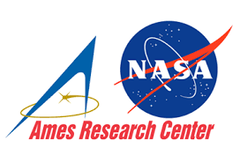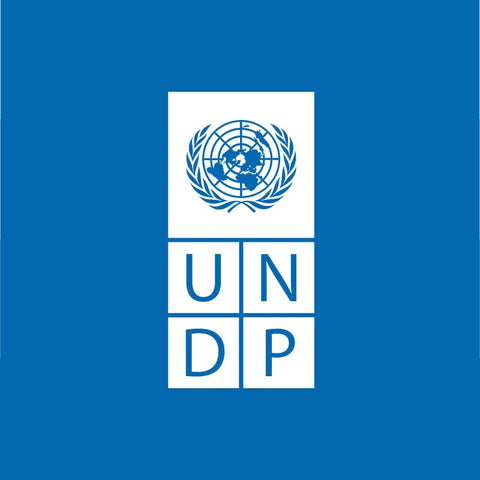Space STEM Program
In a world where technological advancement and innovation are paramount, the need for robust and forward-thinking STEM education is more critical than ever. The MaxIQ Space STEM program, specifically tailored for middle and high schools, addresses this need head-on.
By integrating advanced space science and technology into the curriculum, the program not only enriches the educational experience but also prepares students for the challenges and opportunities of the future.

The full programme covers three missions:
Mission 1 – Our Planet Earth
In Mission 1, we study our planet in the context of our solar system. It’s at this early stage that we engage and train educators, distribute our Space STEM kits, and take everyone through an exciting programme of learning and experimentation.
Every topic relates to at least one UN Sustainable Development Goal, with learning material, experiments, challenges, and research projects provided.
Mission 1 covers foundational knowledge, as in missions 2 and 3, we look at 4IR methods of ensuring sustainability in space, including breathable air, drinkable water, and edible food. These applications require focus on coding and robotics.
Global UN Challenges – individual students and groups are encouraged to participate in the annual MaxIQ Space challenges, linking space and sustainable development goals.
Mission 2 – Our Atmosphere
During Mission 2, we expand on what we’ve learned in Mission 1, and expand our understanding of space applications by conducting various projects:
- TinyGS Satellite Communications – each schools builds and commissions a TinyGS ground station, to downlink satellite data and contribute this to the global education and research community. This project relates well to the deep space network ground station being built across the world.
- 3D Smart Rocket project – groups design and 3D print their own model rockets, and using their MaxIQ chips from Mission 1, collect data to monitor and optimise their rocket flights.
- Satellite payload design fundamentals - understanding Earth Observation satellite design and analysing the data they transmit to Earth.
Mission 2 prepares the groups for future space missions.
Mission 3 – In Space in year 2
In Mission 3, teams build on Missions 1 and 2 to develop a payload to be hosted on the International Space Station (ISS) for at least 4 weeks. In partnership with Princeton University, schools from across the world on this mission:
- ISS kit – each school will receive a space-grade kit from which to develop their payload. These payloads will be shipped to MaxIQ Space and Princeton for integration.
- ISS workshops – Zoom workshops will take place at regular intervals before the payloads are shipped for integration.
- Ride-share mission – the full payload cluster will be launched with Voyager on a SpaceX resupply mission to the ISS. All payloads will be returned for analysis.
- Post-ISS mission workshops will take everyone through how to analyse their data and present results to their stakeholders.
For more information, please contact us at info at maxiq.space.
Our Partners
Changing the world isn't easy, and we couldn't do it alone.
A core value of MaxIQ is to be able to provide our educational resources to students around the globe, especially those who live in areas where there is a lack of educational infrastructure to support these young minds in achieving their full potential. MaxIQ wouldn't be able to fulfil our mission without support from...
Subscribe to our emails
Subscribe to our mailing list for insider news, product launches, and more.




